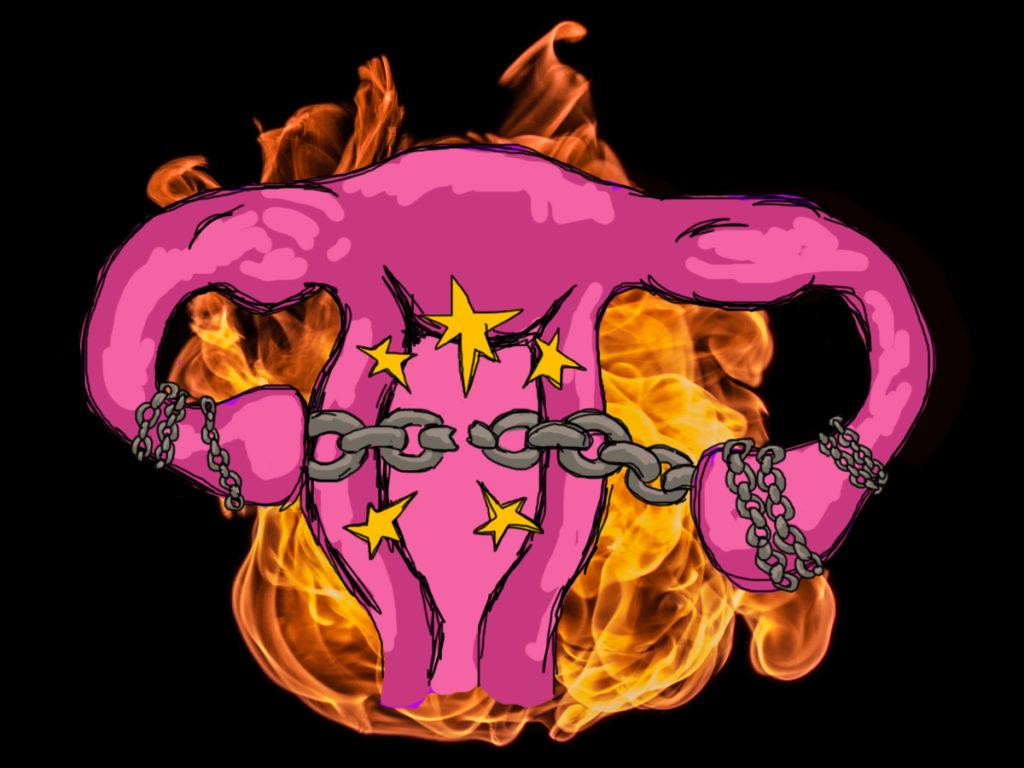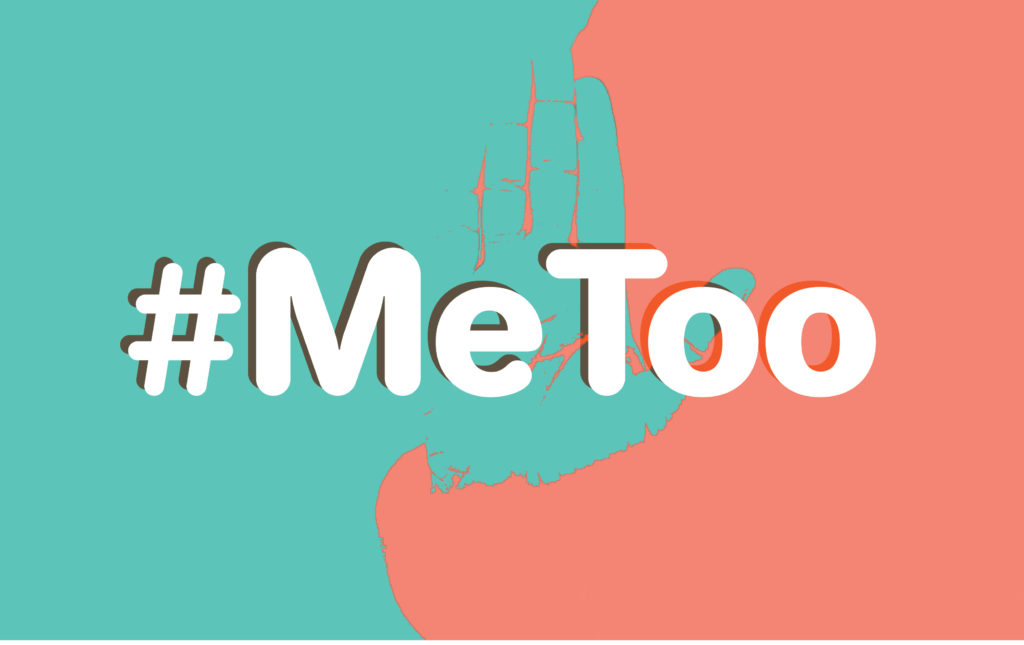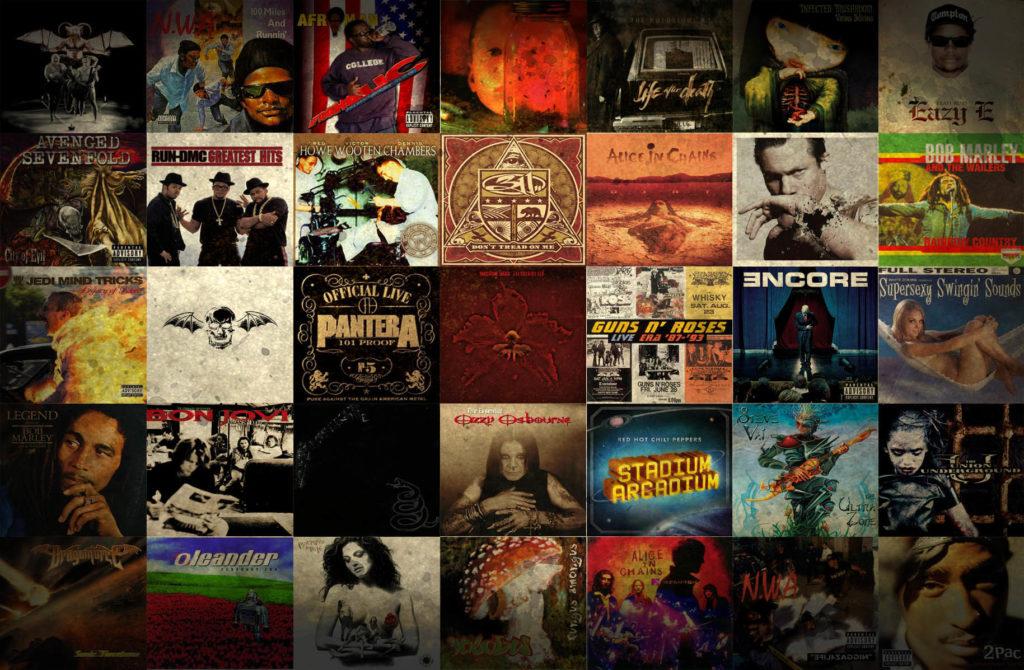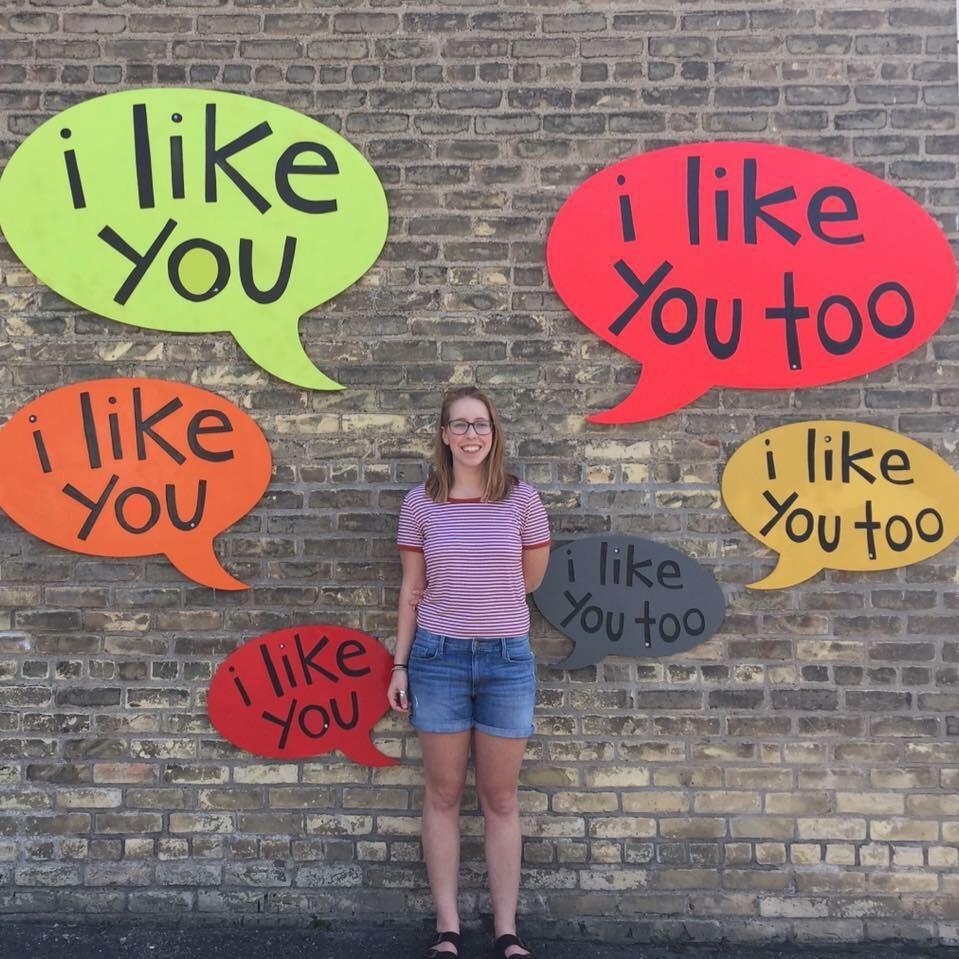Within a week, Valentine’s Day will have come and gone. Not everyone celebrates the holiday, of course, and some will valiantly rally around Singles Awareness Day on the 14th (myself included). Still, the occasion draws my attention if only because under the mountains of Hershey’s Kisses and BE MINE Sweethearts, the holiday has a dark underbelly that can bring out one of my least favorite emotions: insecurity.
While I usually try to keep my column accessible to anyone who comes across it, this week’s article is not for anyone who never hesitated to approach someone they wanted to date and/or sleep with. Or who never regretted that hesitation later. Or who hasn’t worried what people would think if they knew what they were—or weren’t—into. Or who never doubted they would be a good sexual and/or romantic partner to someone else. Or who never looked at their body and thought they would look more attractive if only they had a different nose, less acne, more muscles, wider hips, broader shoulders, less/more body hair or whatever else caught their attention that day.
But since we all, at the very least, lived through puberty, I highly doubt I lost anyone with my proposed exclusion.
That was puberty, though, and a lot of awful happens then. Looking back on those years, I remember thinking sexual and/or romantic insecurity was just a blob of angst everyone collectively went through in high school. And, somehow, it would dissipate once we were adults in college, and then suddenly everything would be better. Miraculously.
Unfortunately for us all, having doubts about our sexual and/or romantic abilities does not end the second we get onto campus for the first time, nor any time later. I would argue that insecurity is as much a part of mundane life as hiccups or getting spammed from well-meaning org listservs. It may come out in different ways (see above for examples), but something rings deep, hurtful and familiar no matter what the specifics are.
Heightening the drama is that sex acts as both a deeply private emotion and a shared experience that is constantly invoked in jokes, storylines, literature and even day-to-day conversation. The contradiction creates an environment for an environment that tends to not welcome speaking about insecurity earnestly. Add to that a general cultural prudishness that both limits and exploits sexual expression, and you have a recipe where addressing our own sexual and/or romantic insecurity in any public matter becomes weak and taboo.
Discreet in its pervasiveness, insecurity is a particularly awful beast in the realm of sex positivity. After all, sex positivity’s focus on exploration and acceptance rightfully aims to disrupt what we have been taught about sex and romance. With this forward thinking attitude, however, it’s easy to forget the reality of being insecure. While you may understand that you have an equal right to sexual and/or romantic agency as anyone else, it can be hard to believe it in the moment you see a mirror or meet someone who has traits that are conventionally “more attractive.”
These emotions distress the best of us, but it becomes even more unsettling when we are supposed to be adults in adult relationships and situations.
Luckily, sex positivity is as much a philosophy and pedagogy as it is a process. It’s a movement that requires guided participation, where you enact the positivity in yourself and your relationships. Sex and/or romance can be as fun and open and easy as you can strive to make it—but it takes work, time and patience. No one expects you to feel good about yourself every moment of every day. No one demands that you become anything sexually and/or romantically that you are not capable of, other than happy, safe and consenting. No one will revoke your sex positive status if you occasionally worry your butt isn’t cute enough to find a good partner.
It is not a mark of failure to feel insecure. Everything from capitalism to heteropatriarchy to “the media” contributes to making us feel badly about our bodies and our sexual and/or romantic selves; it is a perfectly natural response to feel overwhelmed by the messages targeted against us.
But no matter how deep it is, I hope that insecurity does not keep you from making strides toward a healthier way of living romantically and/or sexually. It’s a big deal to fight against a culture that teaches unrealistic representations of sex, romance and bodies. What’s more, insecurity about our sexual and/or romantic selves doesn’t go away in a second, a day, a year or ever.
Like sex positivity, accepting what makes us different is a constant process, but it is a valuable one. I hope you take Feb. 14—whether you acknowledge Valentine’s Day or not—as a day to celebrate bodies and the variations in our sexual and/or romantic interests as long as all involved parties are happy, healthy and consenting. And, just putting it out there, it might make the process a little easier if there’s chocolate involved.














Brandon Hudson • Sep 11, 2019 at 10:40 am
Its such as you read my thoughts! You appear to understand so much about this, such as you wrote the e-book in it or something. I think that you could do with some percent to force the message house a bit, however other than that, this is wonderful blog. An excellent read. I’ll certainly be back.
Lisa Lee • Sep 10, 2019 at 5:19 am
Hello there! Do you know if they make any plugins to help with SEO? I’m trying to get my blog to rank for some targeted keywords but I’m not seeing very good results. If you know of any please share. Many thanks!
Christopher Robertson • Sep 4, 2019 at 11:13 pm
Hello. fantastic job. I did not anticipate this. This is a excellent story. Thanks!